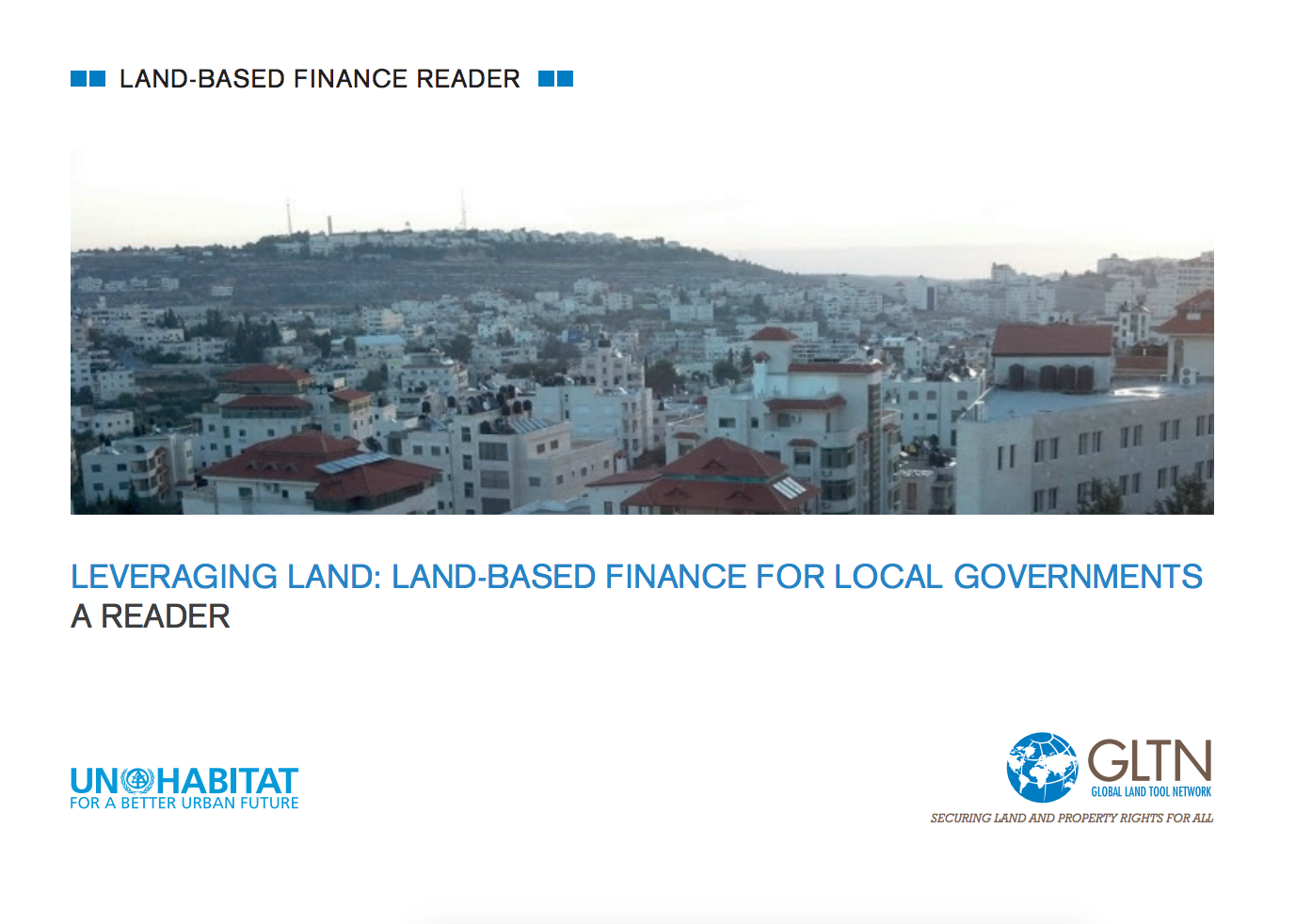Resource information
the source is indicated
The potential contribution of land based financing to the development of sustainable and equitable cities and properly serviced communities is often underestimated. Land based financing is a collective name given to a range of instruments by which local governments could expand their revenue base and generate funds that will help them to deliver services and infrastructure development and achieve their maintenance goals.
These instruments can be used to improve public finance; equitably link public investments, private benefits and public revenues; and promote more sustainable patterns of urban development. This publication comprises a two volume training package on land-based finance, including a Reader and a Trainer’s Guide. Land-based finance instruments are organized into seven modules: recurring taxes on land and buildings, betterment charges and special assessments, developer exactions, land value increment taxes, sale of development rights, lease and sale of public lands, and transfer taxes.
The Reader defines, discusses and reviews the literature for each module, referencing 21 case studies from around the world. It also includes two annexes on municipal borrowing and land readjustment. The Trainer’s Guide provides the format for a hands-on, interactive and action-focused training workshop. The goal of this training package is to support local and national leaders who seek to tailor, adopt, implement and improve land-based finance in their own cities.


